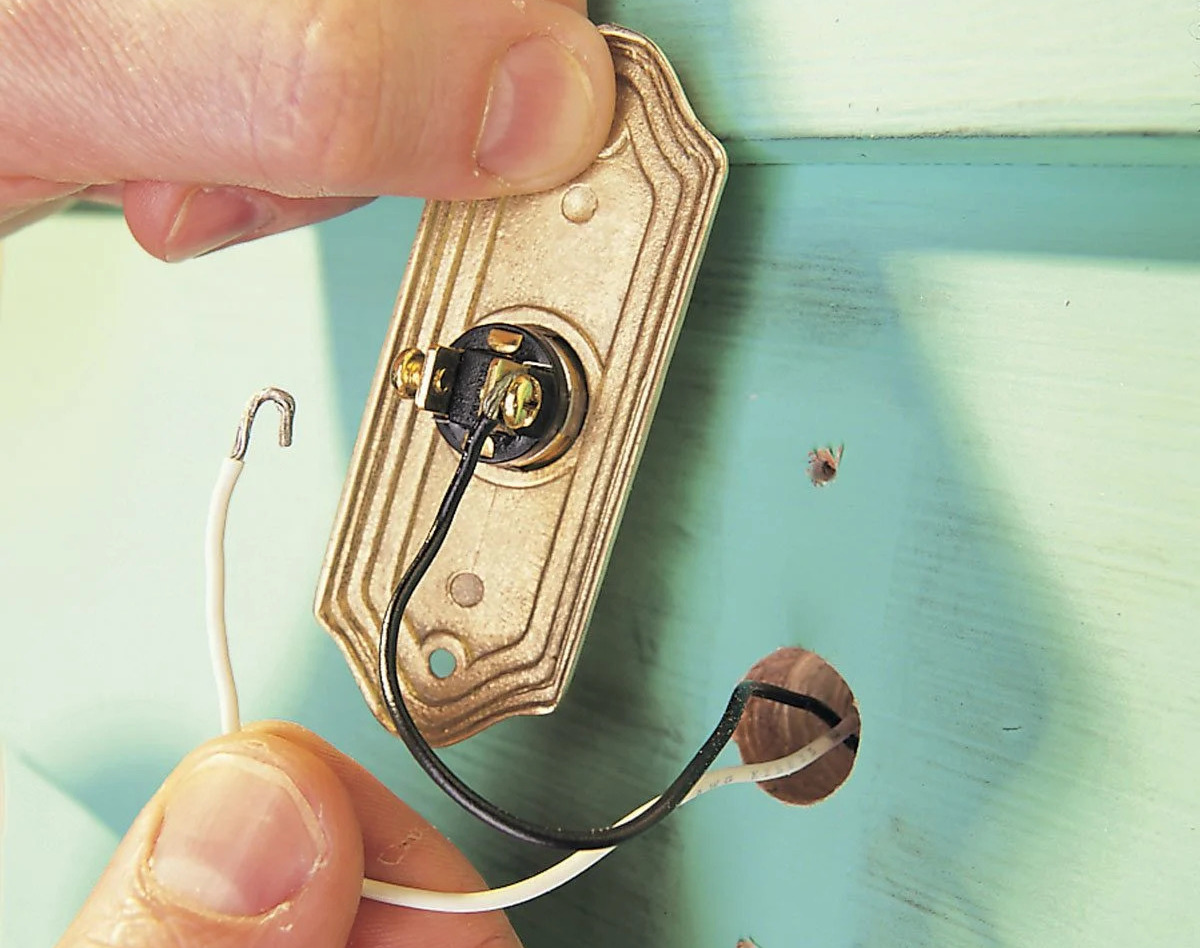

Articles
What Gauge Is Doorbell Wire
Modified: May 6, 2024
Learn about doorbell wire gauge and how it affects your doorbell installation. Read our informative articles for valuable insights and tips.
(Many of the links in this article redirect to a specific reviewed product. Your purchase of these products through affiliate links helps to generate commission for Storables.com, at no extra cost. Learn more)
Introduction
When it comes to installing or troubleshooting a doorbell system, understanding the importance of doorbell wire gauge is essential. The wire gauge refers to the thickness or diameter of the wire used for the doorbell circuit. It plays a crucial role in transmitting power efficiently and ensuring the seamless operation of the doorbell system.
Doorbell wiring typically consists of two wires, one for power supply and the other for the doorbell button. These wires are responsible for carrying the electrical current required to operate the doorbell chime or bell. Choosing the appropriate wire gauge is crucial to prevent voltage drop, signal loss, and potential damage to the doorbell system.
In this article, we will delve deeper into the factors to consider when selecting the right doorbell wire gauge, and provide recommendations for commonly used doorbell systems.
Key Takeaways:
- Choosing the right doorbell wire gauge is crucial for optimal power transmission and system performance. Consider distance, power requirements, existing wiring, and local electrical codes to make an informed decision.
- For standard doorbell installations within 50 feet, 18 gauge wire is recommended, but longer distances or additional power needs may require thicker gauges. Always consult a qualified electrician for expert advice on wire gauge selection.
Read more: What Gauge Is A Lamp Wire?
Understanding Doorbell Wire Gauge
Wire gauge is a measurement of the diameter of a wire. It is identified by a numerical value, with lower numbers indicating thicker wires. The gauge measurement is standardized and can range from 18 gauge to 22 gauge for doorbell wiring.
The wire gauge directly affects the amount of electrical current that can pass through the wire. Thicker wires have a lower resistance, allowing more current to flow without a significant voltage drop. In contrast, thinner wires have higher resistance, which can lead to a decrease in power transmission efficiency and potential issues with the doorbell system’s functionality.
When it comes to doorbell wiring, a higher gauge number means a thinner wire. For example, 22 gauge wire is thinner than 18 gauge wire. Thicker wires, such as 18 gauge, are commonly used for longer distances and higher power requirements, while thinner wires like 22 gauge are suitable for shorter distances and lower power needs.
It’s important to note that the doorbell wire gauge should be compatible with the doorbell system specifications and the distance between the doorbell button, doorbell chime, and transformer. Incorrect wire gauge selection can lead to issues such as inadequate power supply, poor signal transmission, and erratic doorbell operation.
Additionally, understanding the two types of wire available for doorbell installations is crucial:
- Twisted Pair Wire: This type of wire consists of two individually insulated wires twisted together. It is commonly used for doorbell wiring due to its durability and ease of installation. Twisted pair wire provides reliable transmission of power and signal, minimizing interference from external sources.
- Solid Core Wire: This wire is a single, solid conductor. While it can be used for doorbell wiring, it is generally not recommended due to its inflexibility and susceptibility to breakage. Solid core wire is more suitable for permanent installations where flexibility is not a concern.
Factors to Consider
When determining the appropriate doorbell wire gauge for your specific installation, several factors need to be taken into consideration:
- Distance: The distance between the doorbell button, doorbell chime, and the transformer is a crucial factor in selecting the right wire gauge. Longer distances require thicker wires to minimize voltage drop and ensure adequate power supply. As a general rule of thumb, for distances up to 50 feet, 18 gauge wire is recommended. For distances beyond 50 feet, 16 gauge wire or even heavier gauge wire may be necessary.
- Power Requirements: Different doorbell systems have varying power requirements. Higher-powered doorbell systems, such as those with multiple chimes or built-in intercoms, may require thicker wires to handle the increased current flow. Consult the manufacturer’s specifications or an electrician to determine the appropriate wire gauge for your specific doorbell system.
- Existing Wiring: If you are replacing or upgrading an existing doorbell system, it is essential to consider the existing wiring. Ensure that the wire gauge you choose matches or exceeds the gauge of the existing wires to maintain consistency and prevent any potential issues.
- Future Expansion: If you anticipate future expansions or additions to your doorbell system, it may be wise to choose a slightly thicker wire gauge to accommodate potential upgrades. This will save you from having to replace the wiring in the future.
- Local Electrical Code: Always check your local electrical code regulations to ensure compliance with wire gauge requirements. Local codes may dictate specific wire gauge standards for doorbell installations to ensure safety and efficiency.
By considering these factors, you can make an informed decision about the appropriate doorbell wire gauge for your specific installation. Remember that choosing the right wire gauge is crucial for optimal power transmission, signal clarity, and reliable performance of your doorbell system.
When choosing doorbell wire gauge, 18 AWG is the most common and suitable for most doorbell installations. It is important to ensure the wire is compatible with the voltage and power requirements of the doorbell system.
Recommended Wire Gauge for Doorbell Wiring
Based on the factors mentioned earlier, here are the recommended wire gauges for common doorbell installations:
- Short Distance, Standard Doorbell System: For distances up to 50 feet and a standard doorbell system without any additional power requirements, 18 gauge wire is typically sufficient. This gauge provides enough current-carrying capacity and ensures minimal voltage drop.
- Longer Distance or Higher Power Requirements: If the distance between the doorbell button and the chime/transformer exceeds 50 feet or if you have a doorbell system with additional power requirements, consider using a thicker wire gauge. For distances between 50 and 100 feet, 16 gauge wire is recommended. For longer distances or more power-demanding setups, such as systems with multiple chimes, intercoms, or video doorbells, you may need to consider 14 or 12 gauge wire.
- Existing Wiring Replacement: If you are replacing old wiring, match the existing wire gauge to maintain consistency. However, if the existing wire gauge is inadequate or not mentioned, it is safer to upgrade to a thicker gauge wire to ensure optimal performance.
- Local Electrical Code Requirements: Your local electrical code might have specific requirements for doorbell wiring. Always consult your local regulations and follow any gauge recommendations specified in the code to ensure compliance and safety.
It’s important to remember that these recommendations are general guidelines, and the wire gauge you choose should align with the specific requirements of your doorbell system and installation. When in doubt, it’s always recommended to consult a qualified electrician for expert advice.
By selecting the appropriate wire gauge, you can ensure reliable power transmission, minimize signal loss, and maintain the optimal performance of your doorbell system.
Conclusion
Choosing the right wire gauge is crucial for the proper functioning of your doorbell system. Understanding the factors that influence wire gauge selection, such as distance, power requirements, existing wiring, future expansion plans, and local electrical code regulations, can help you make an informed decision.
For most standard doorbell installations within a distance of 50 feet, 18 gauge wire is recommended. However, if you have a longer distance, additional power requirements, or plan on expanding your doorbell system, you may need to use thicker wire gauges such as 16, 14, or even 12 gauge.
It is important to follow the manufacturer’s specifications and local electrical code requirements to ensure safety and compliance. Consulting with a qualified electrician can provide additional guidance and expertise for your specific installation.
By selecting the appropriate wire gauge, you can ensure efficient power transmission, minimal voltage drop, and reliable performance of your doorbell system. It will help prevent issues such as poor signal transmission, erratic doorbell operation, and potential damage to the system.
Remember, a properly installed and wired doorbell system enhances the functionality and security of your home, providing a convenient and pleasant experience for you and your visitors.
Curious about more than just doorbell wires? If you're tackling electrical projects, our guide on electrical wiring to your garage offers practical advice. For those who prefer hands-on home upgrades, our insights on DIY home improvement can spark your creativity. And if you're into tech, don't miss our roundup on home automation set to change living spaces in 2024.
Frequently Asked Questions about What Gauge Is Doorbell Wire
Was this page helpful?
At Storables.com, we guarantee accurate and reliable information. Our content, validated by Expert Board Contributors, is crafted following stringent Editorial Policies. We're committed to providing you with well-researched, expert-backed insights for all your informational needs.
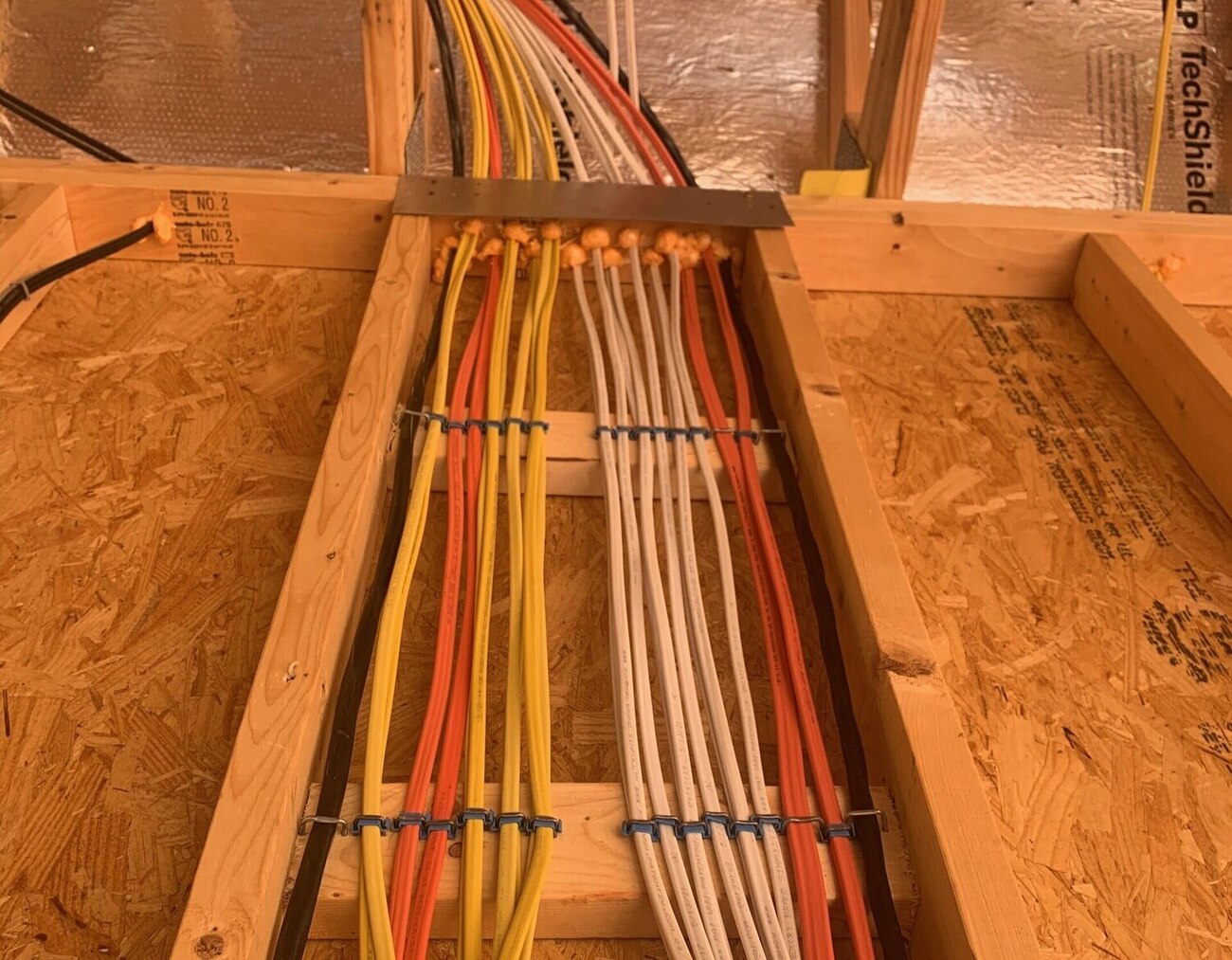
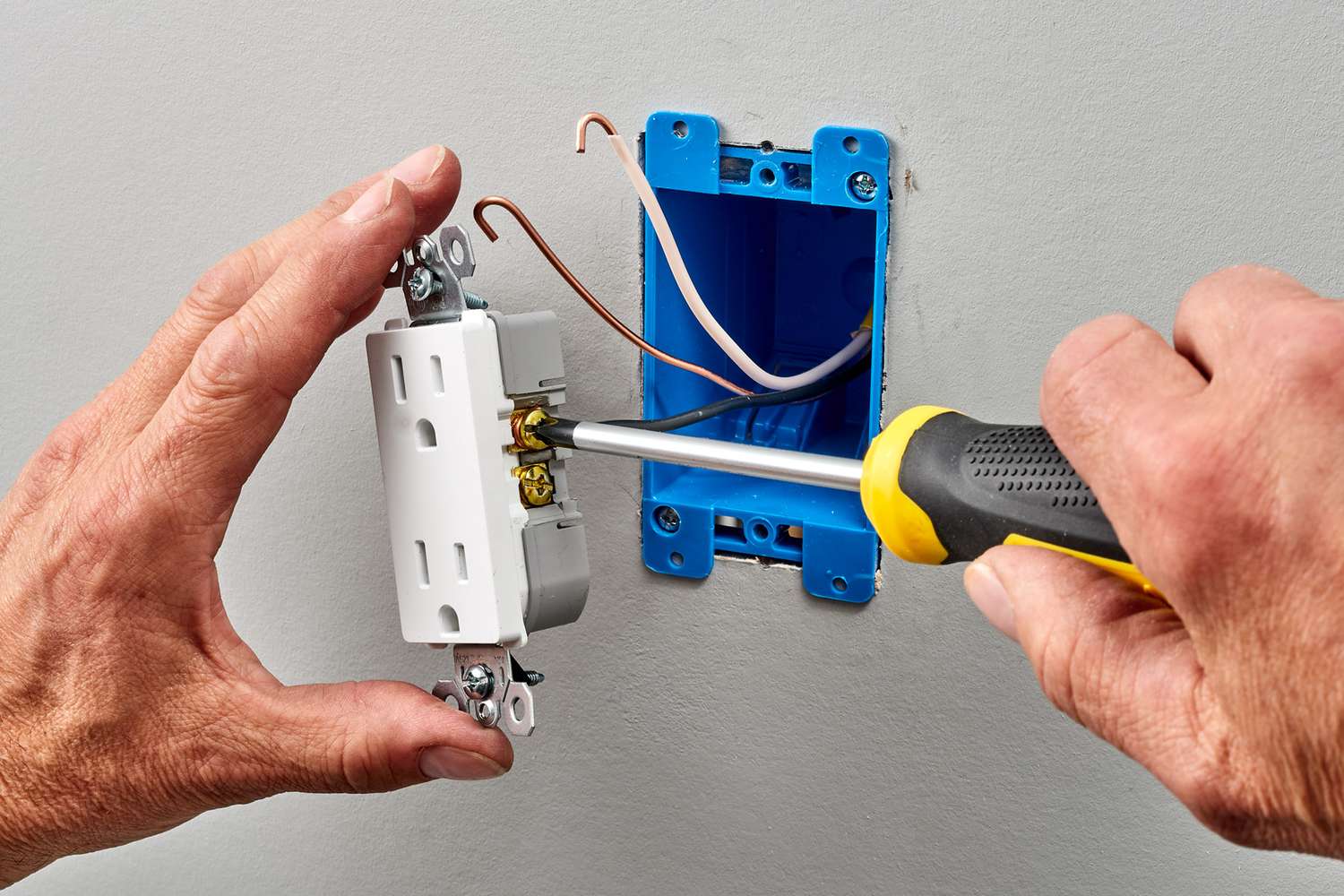
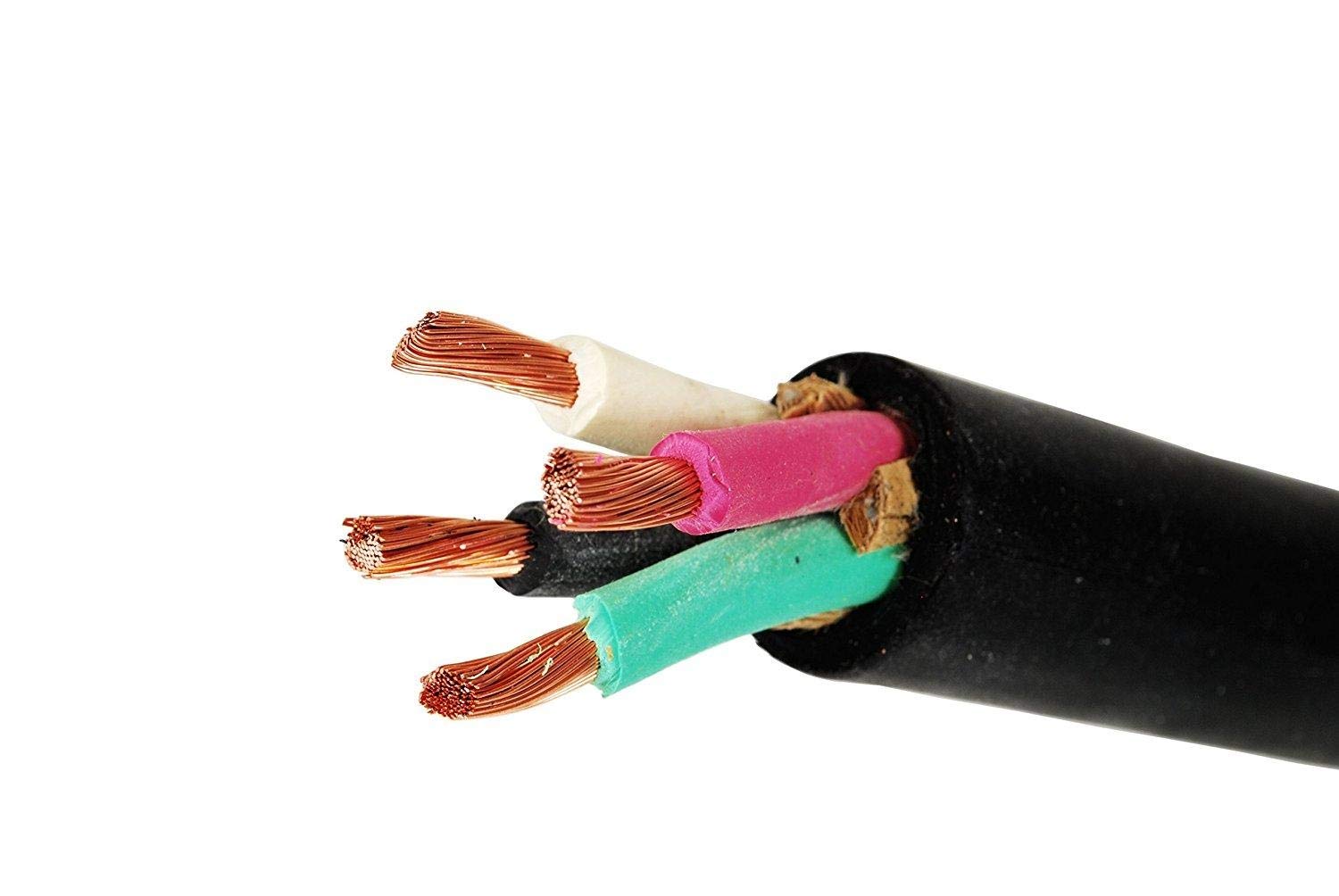
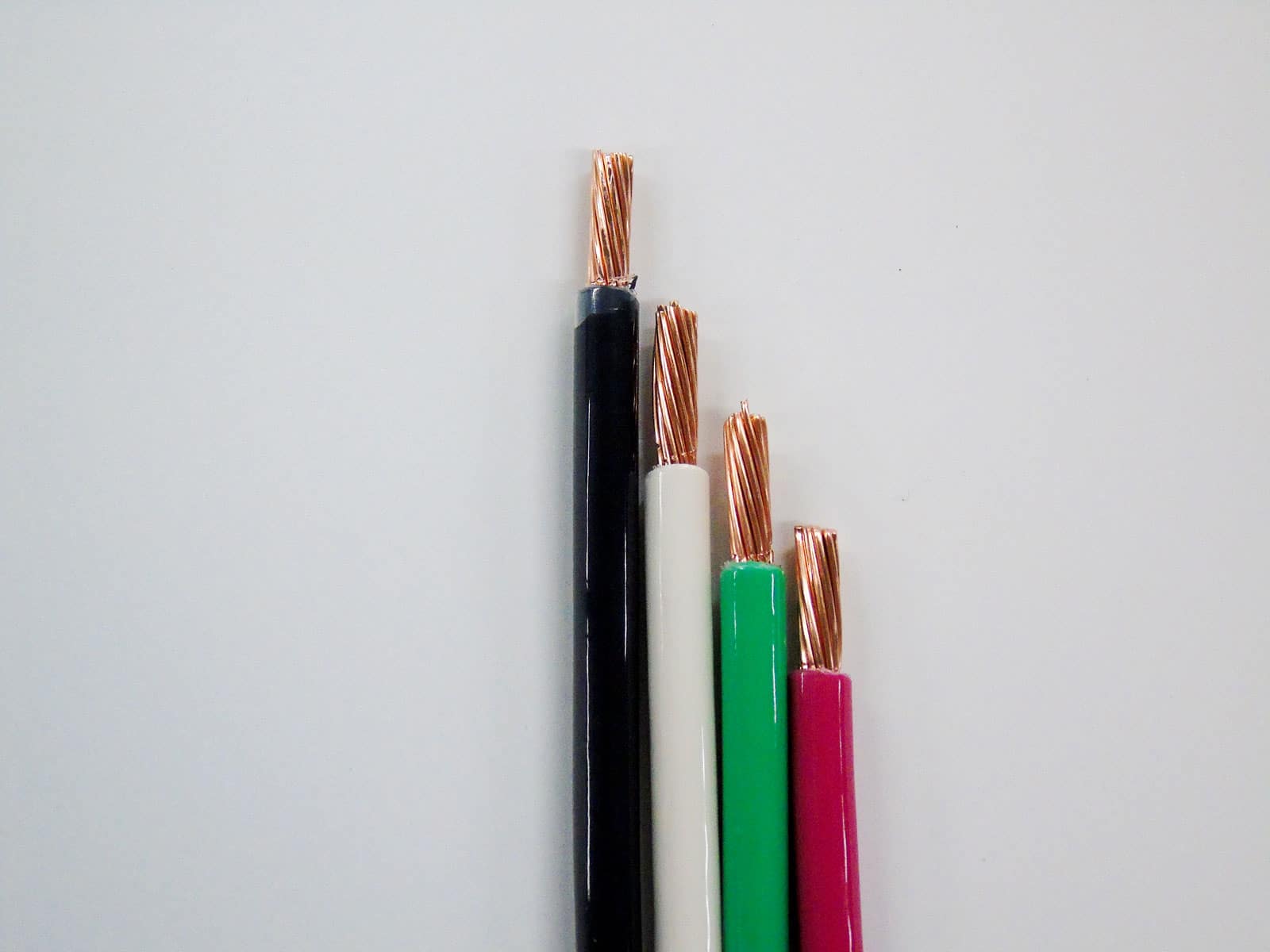

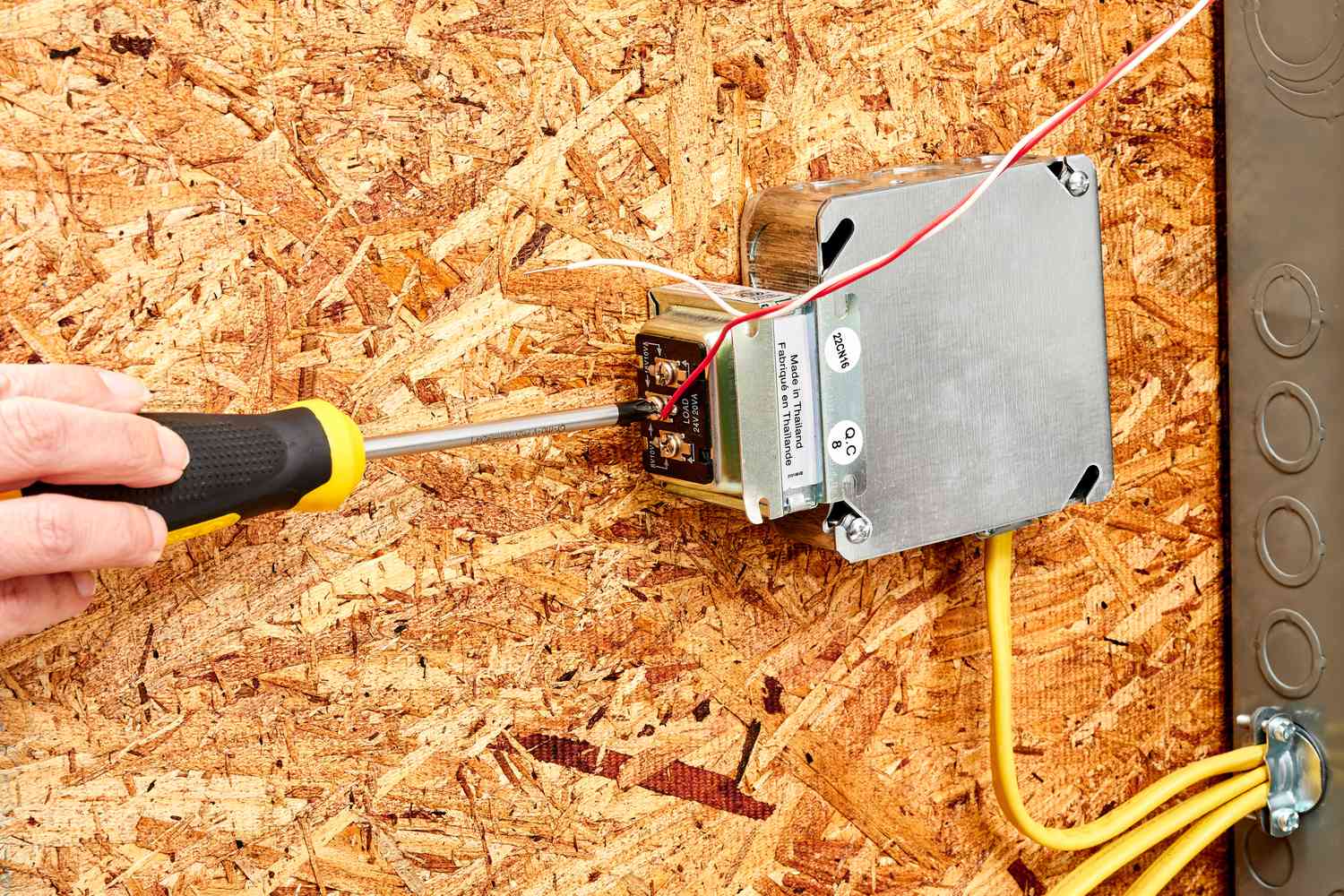
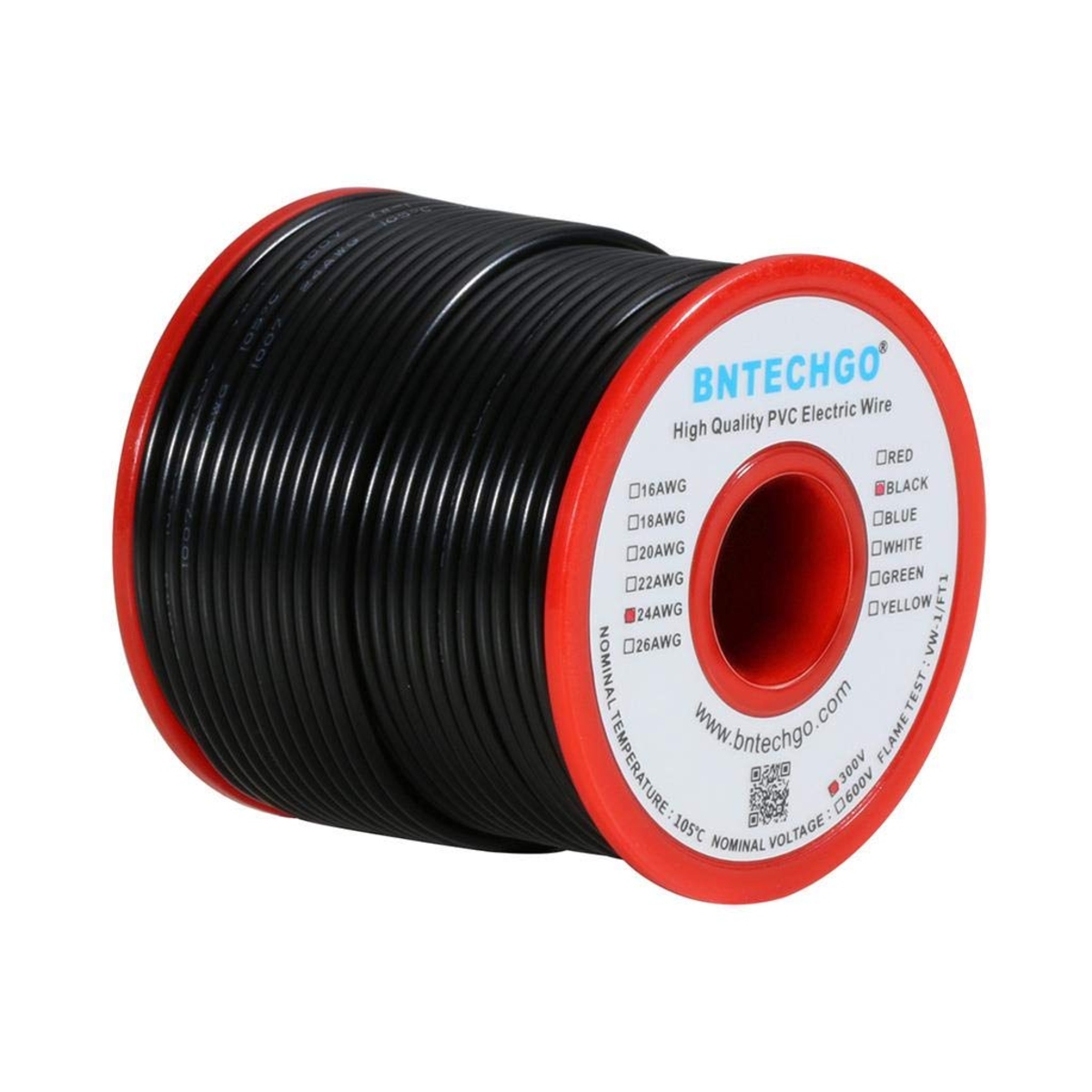
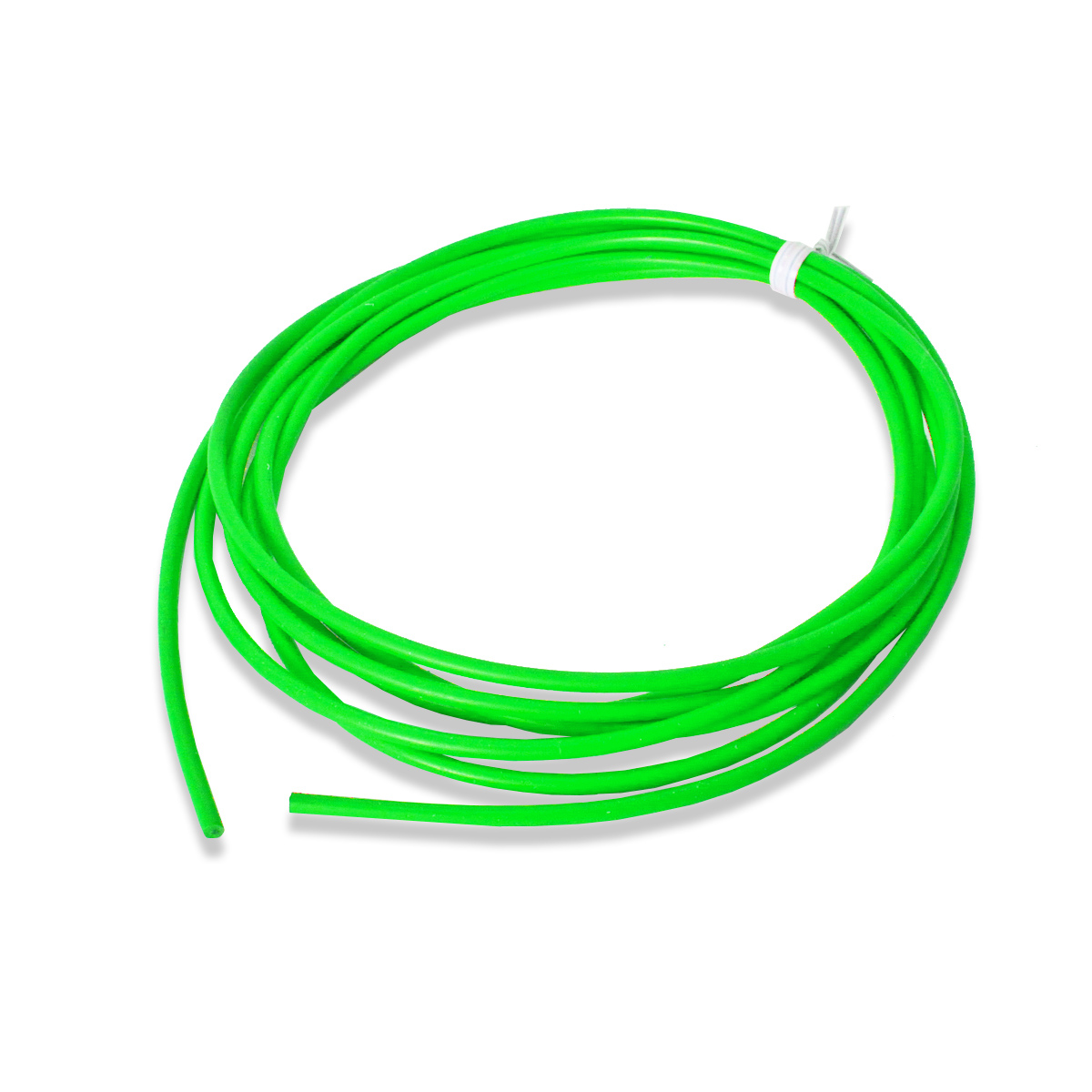
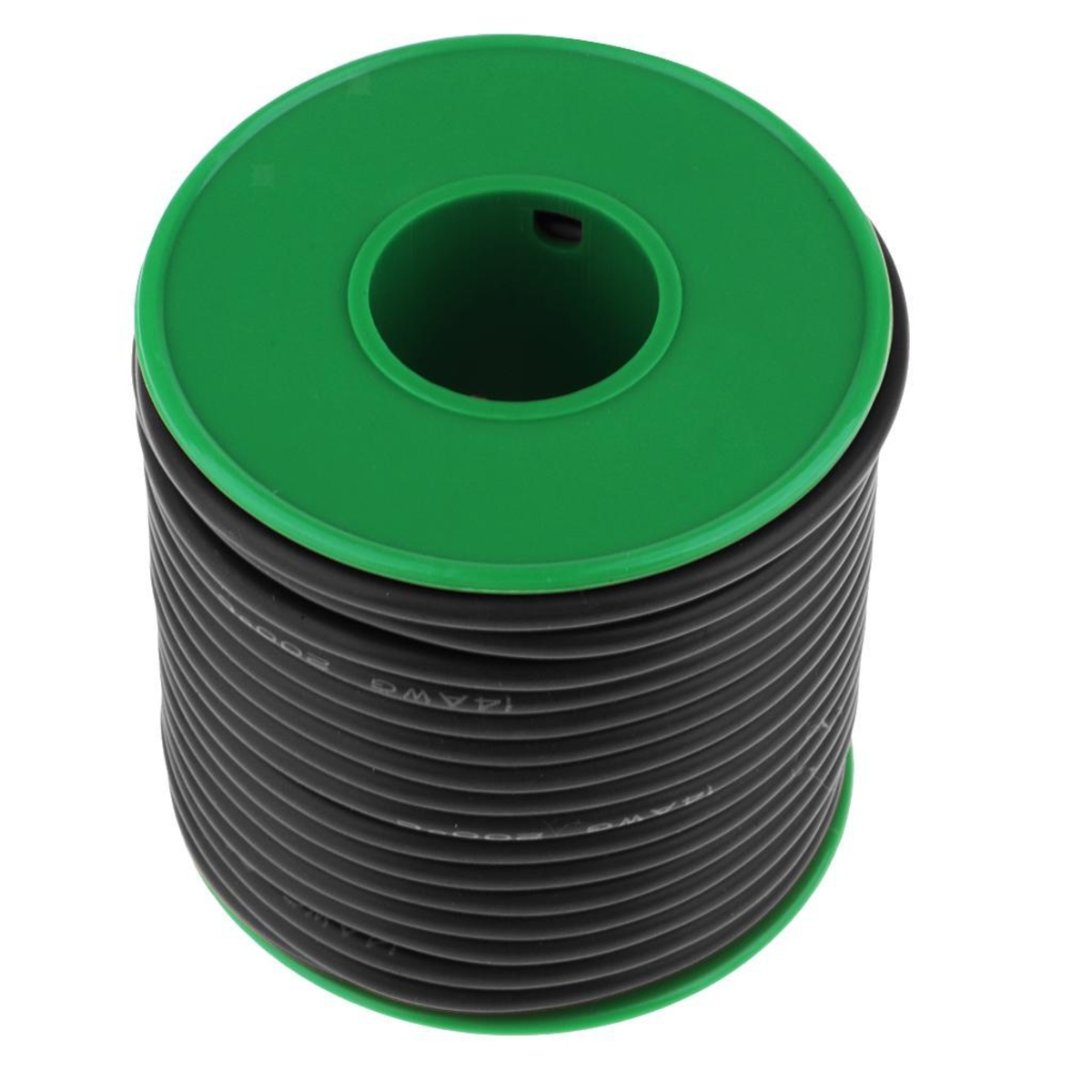
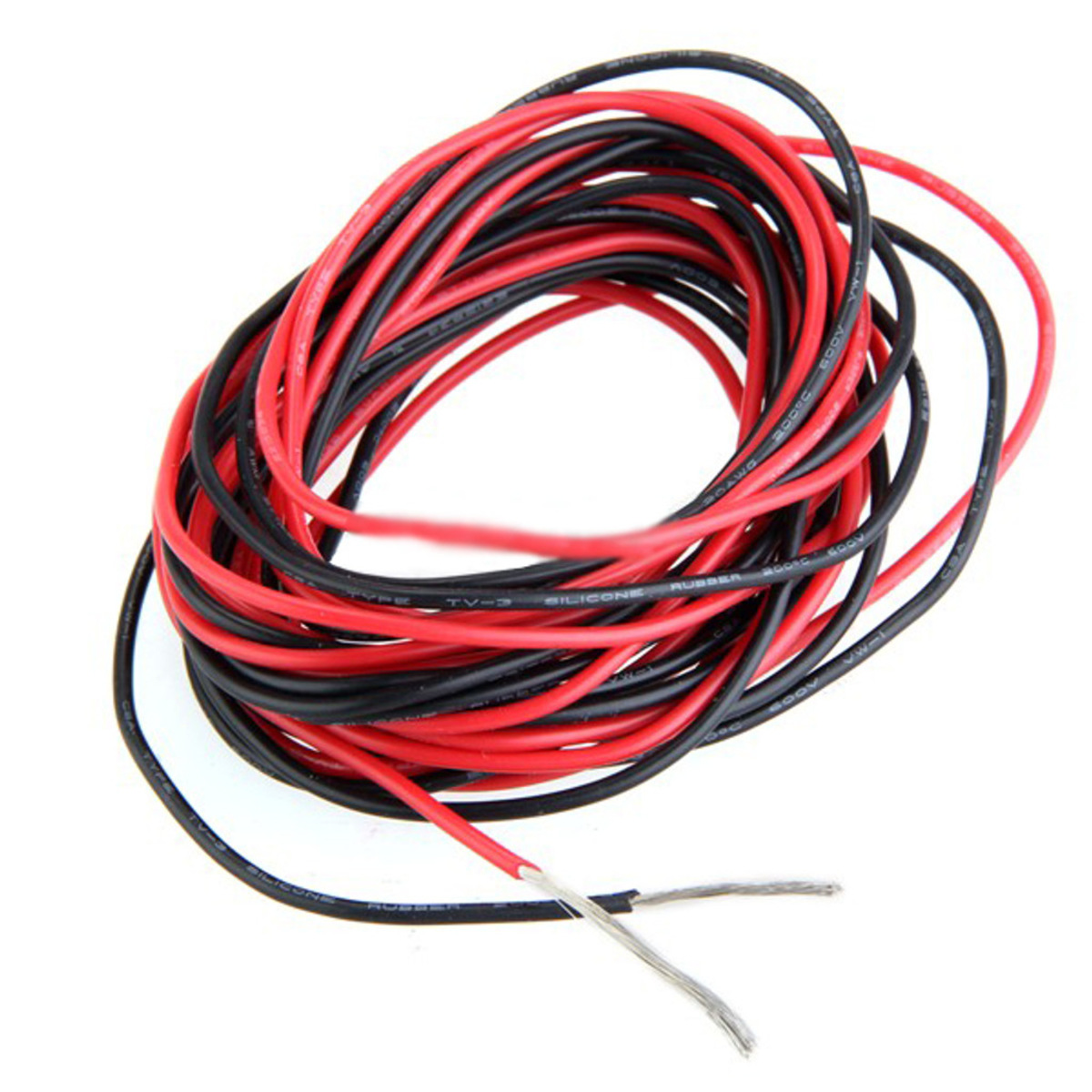
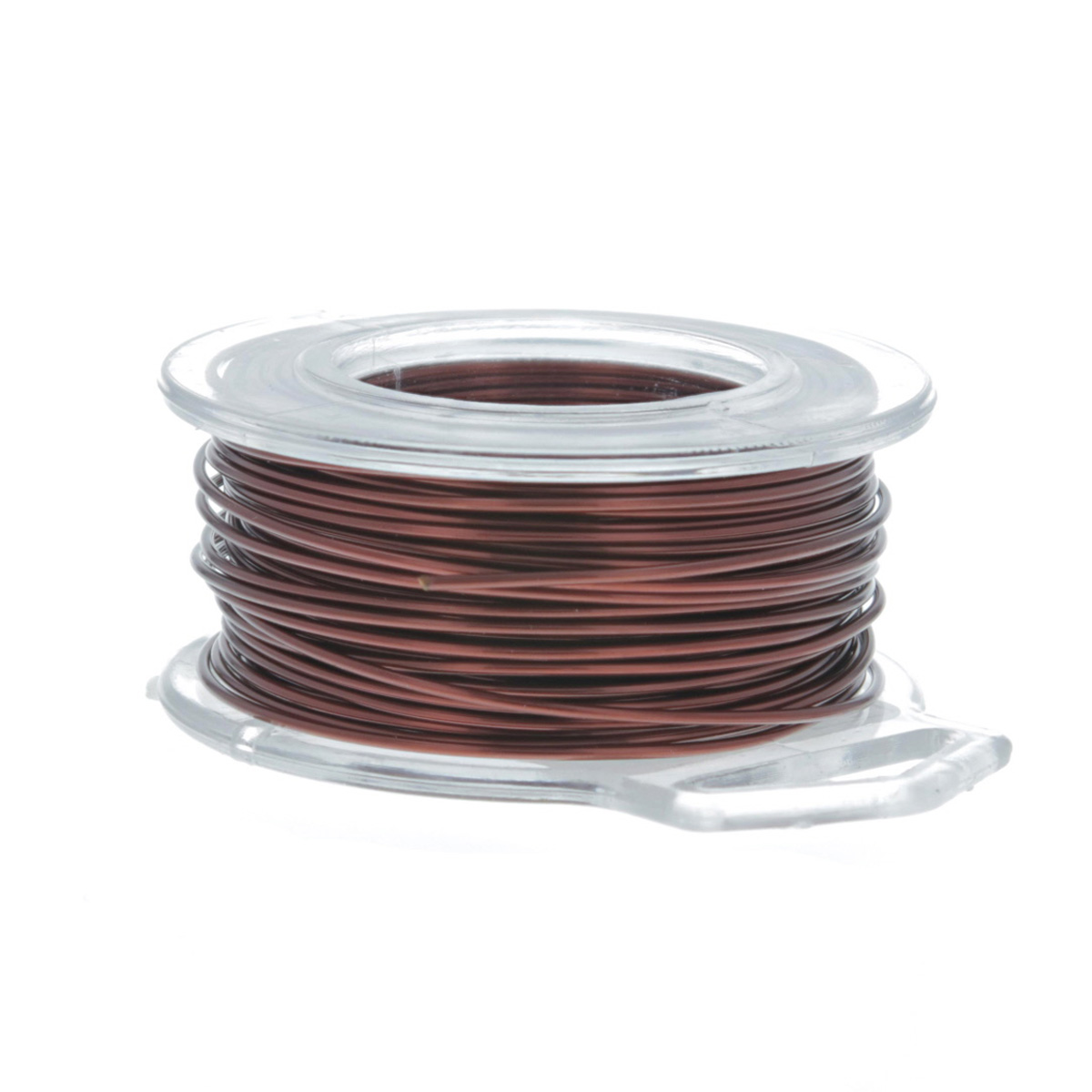
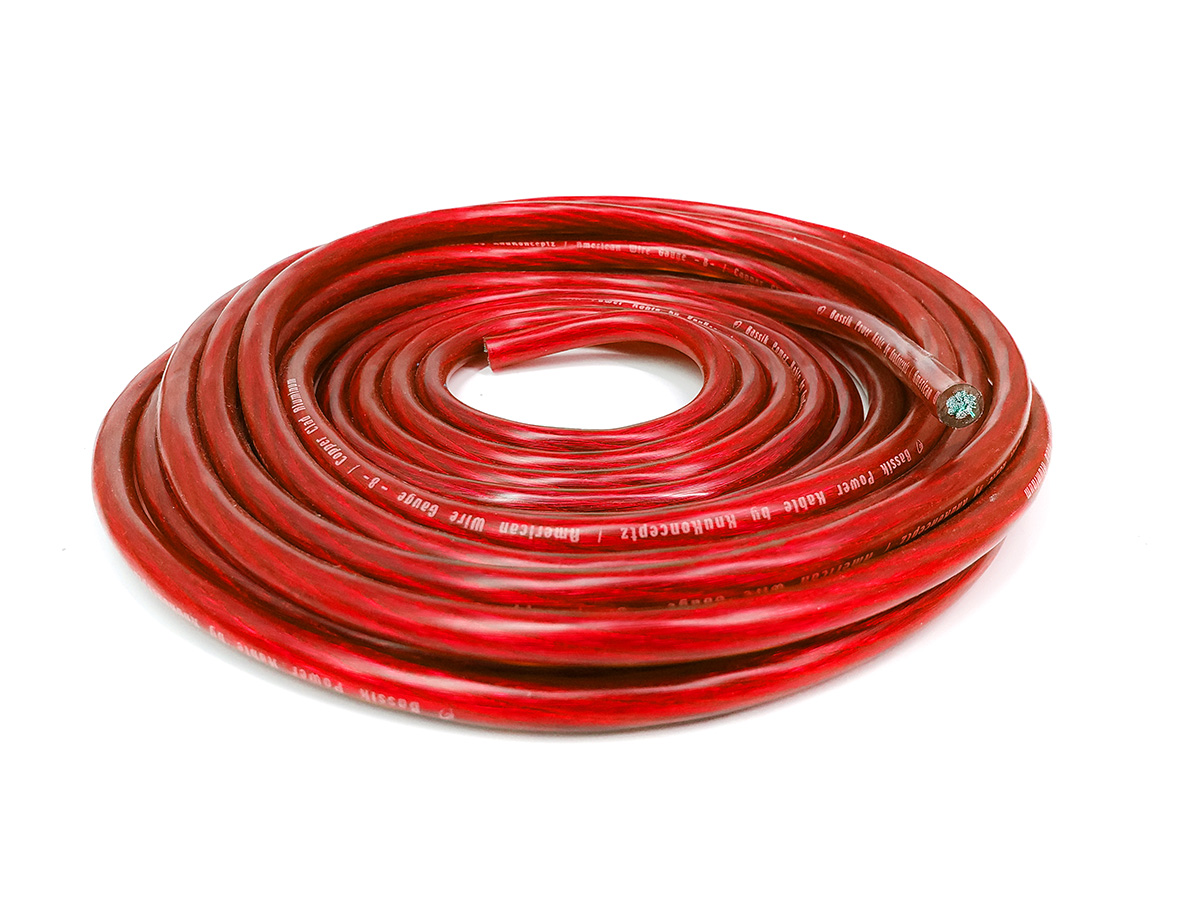
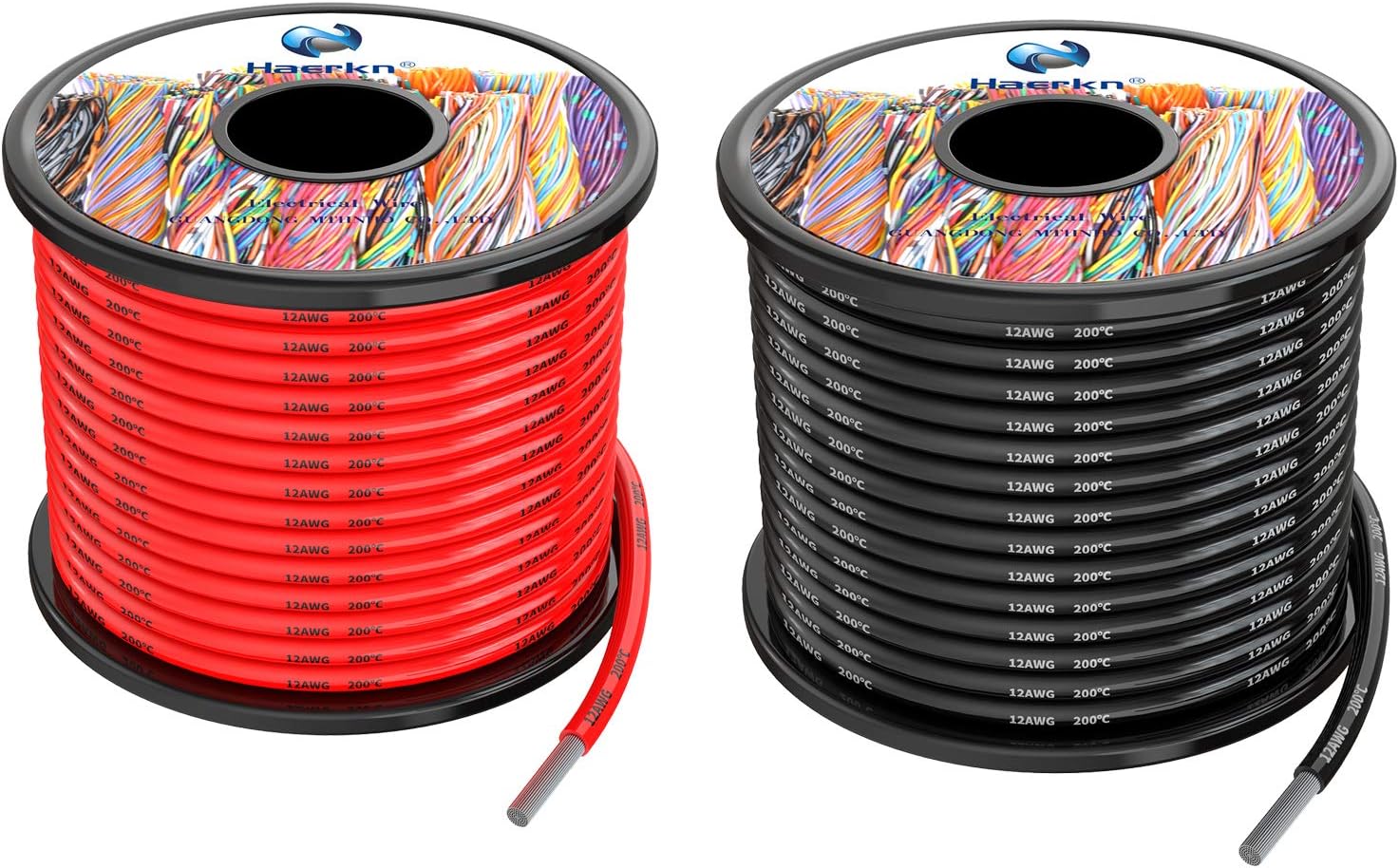

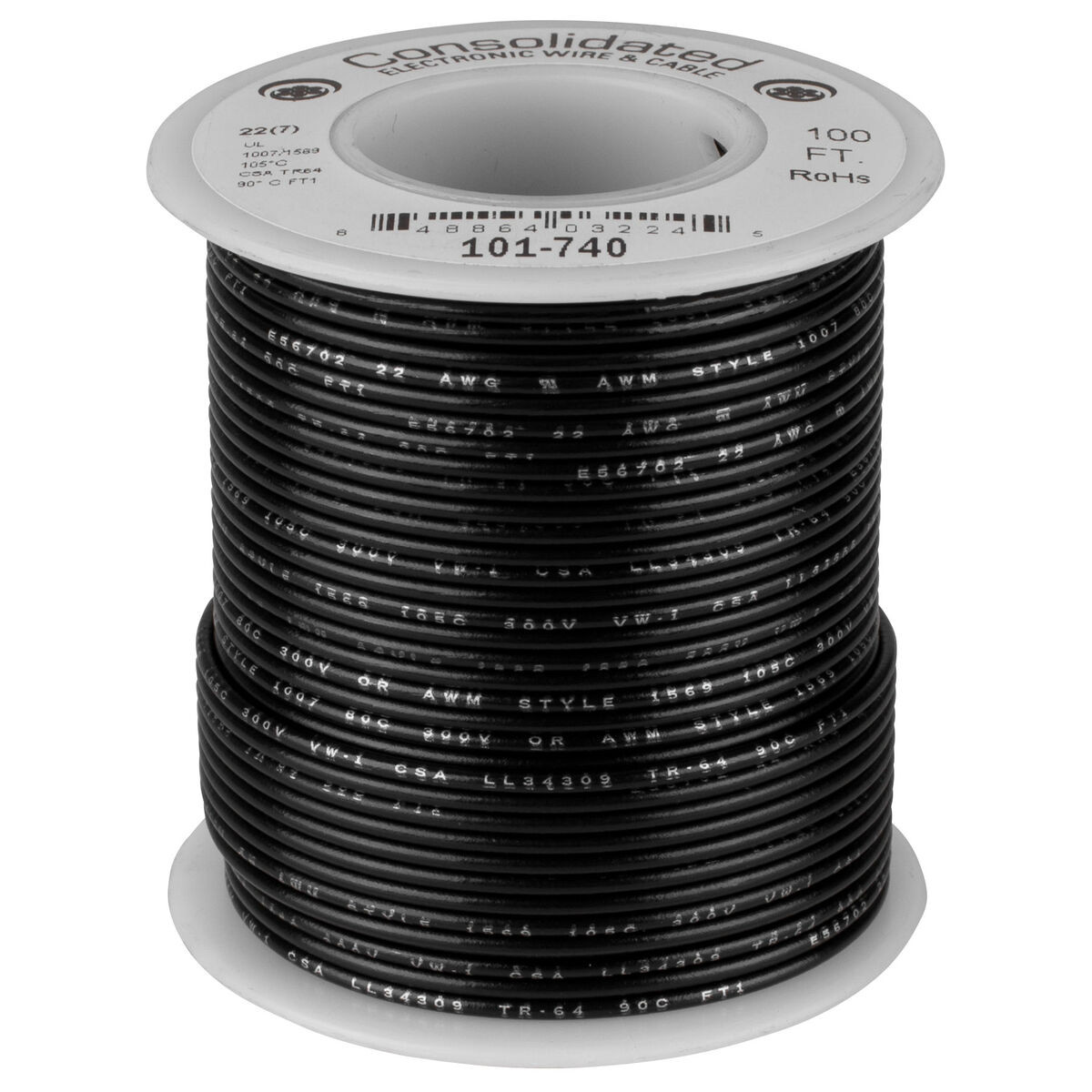

0 thoughts on “What Gauge Is Doorbell Wire”